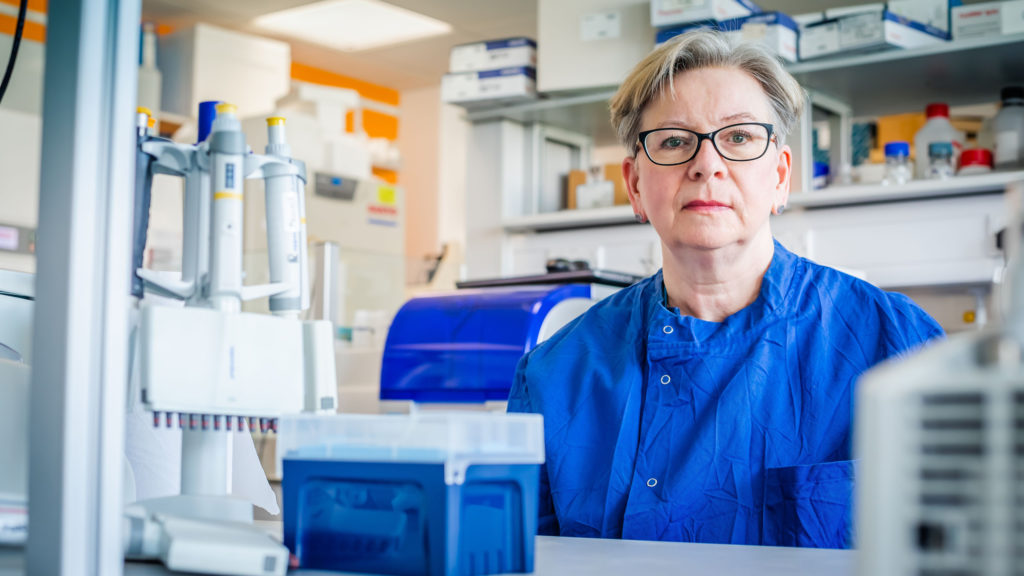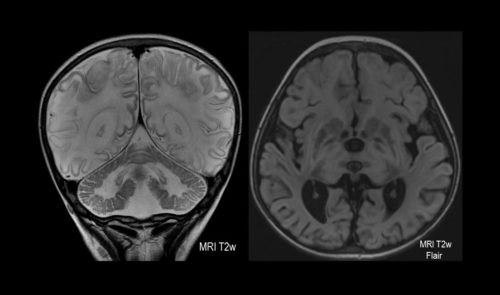
Sequencing of the SARS-CoV-2 genome has detected new variants that may alter disease severity, transmissibility and vaccine efficacy. This capability has proved critical to guide government decision making for disease control and vaccine roll-out during the COVID-19 pandemic.
Based on a decade of translational research that established the public health impact of pathogen sequencing, in late February 2020, Peacock predicted the importance of detecting SARS-CoV-2 genetic changes to control the COVID-19 pandemic.
In early March 2020, she initiated and led the development of the COVID-19 Genomics UK Consortium (COG-UK), which she directs.
As of June 2021, COG-UK had generated over 500,000 SARS-CoV-2 genomes, made available globally through open access databases, which are being used actively in public health decisions. This unprecedented effort – not previously performed for any pathogen, anywhere in the world – has placed the UK at the forefront of pathogen genomics.
This work has led directly to a further £12.2 million award to Peacock from the Testing Innovation Fund to increase sequencing capacity by COG-UK, and the announcement of a new national genomic healthcare strategy.
“On behalf of the Government, I wanted to acknowledge the scientists and technicians of COG-UK… you’ve helped us better understand the virus, identified routes of introduction and transmission, and paved the way for improved treatments and vaccines.”
– Sir Patrick Vallance, UK Chief Scientific Officer

